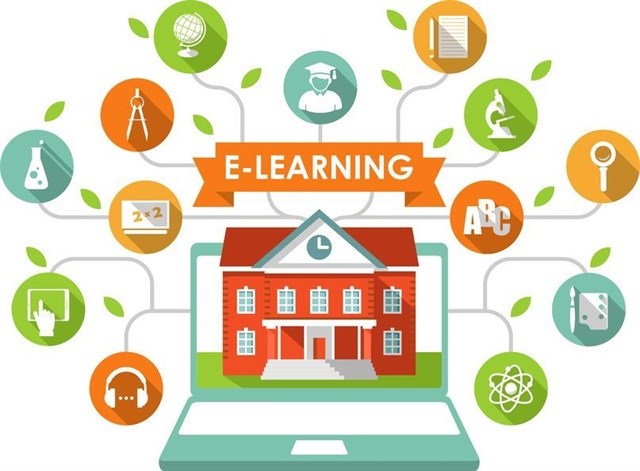Free course: Working towards a free, independent African media

The Wits LINK Centre and WitsX are pleased to announce that registration is now open for the first offering of the free, six-week, online course, which will begin on 10 October 2018. This free-of-charge MOOC (massive open online course), available on the edX platform, aims to empower civil society actors – including advocacy coalition members, NGO/CBO representatives, union members, journalists, editors, researchers, academics and post-secondary students – to work in support of free, pluralistic and independent African media.
The course will also be of value to media owners, government policymakers, Parliamentarians and regulators working towards media sector reform.
The course has been developed to honour and sustain the legacy of South African media freedom and freedom of expression activist #Jeanette Minnie, who passed away in November 2016. Minnie devoted her professional life to ensuring robust civil society engagement with African media policy.
In the Reporters Without Borders 2018 World Press Freedom Index, which evaluates 180 countries, only eight African countries are ranked among the top 50 nations in terms of media freedom: Ghana (23rd), Namibia (26th), South Africa (28th), Cape Verde (29th), Burkina Faso (41st), Botswana (48th), Comoros (49th), and Senegal (50th).
Meanwhile, four African countries are ranked among the 10 worst for media freedom: Equatorial Guinea (171st), Djibouti (173rd), Sudan (174th), and Eritrea (179th). This course provides participants with the knowledge necessary to work towards more African countries becoming favourable media-freedom environments.
In the course, participants engage with:
- How to identify the core elements of the principles of freedom of expression, media freedom, and access to information.
- The policy and practical components required by a democratic media ecosystem.
- Regulatory and other measures that build media pluralism and diversity.
- The mechanisms of self-regulation, co-regulation, statutory regulation and regulatory independence in democratic media ecosystems.
- How to identify the practical and policy dimensions introduced by online media, online expression, and online information access.
- Strategies for effective civil society engagement with policy and practice in support of democratic Africa media ecosystems.
Participants can take the course, including participation in its discussion forums, assignments and assessments, free of charge. Participants who want to also receive a Verified Certificate of Achievement for the course, endorsed by edX and Wits University, pay USD49.
The course instructors are Prof Justine Limpitlaw, Wits LINK Centre; Paula Fray, frayintermedia; Zoe Titus, Namibia Media Trust; Dr Sarah Chiumbu, University of Johannesburg; Koketso Moeti, Amandla.mobi; and Dr Chris Armstrong, Wits LINK Centre.
Course content was developed by the instructors with support from an international Advisory Committee and frayintermedia. Funding for course research, development, piloting and marketing was provided by Bertha Foundation, Namibia Media Trust (NMT) and fesmedia Africa.
*Participants wishing to enrol for the course can go to this edX course link.








